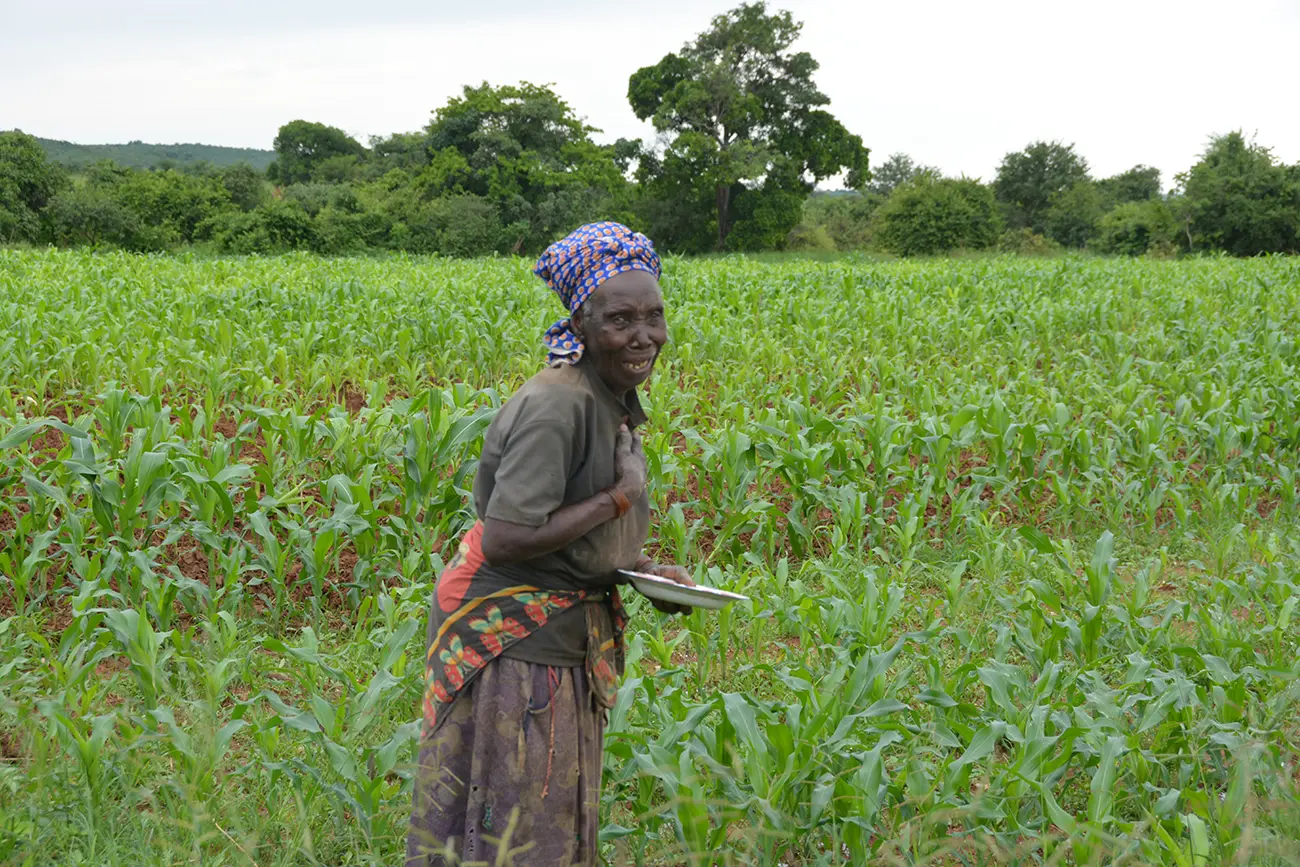
Last month, a High Court in Botswana struck down a customary law which denied women the right to inherit the family home. In the case, the Court found that such a law violated the right to equality as guaranteed under the Botswana Constitution.
The High Court categorically rejected the idea that culture could be used as an excuse for continued discrimination. It stated: “[t]he law is biased against women…This gross and unjustifiable discrimination cannot be justified on the basis of culture…It cannot be an acceptable justification to say it is cultural to discriminate against women…Such an approach would…amount to the most glaring betrayal of the express provisions of the Constitution and the values it represents…[it] has no place in a democratic society that subscribes to the supremacy of the Constitution—a Constitution that entrenches the right to equality.”
The High Court in Botswana also notably rejected the Attorney General’s argument that even though the law was discriminatory, the Court needed to look at broader public opinion in determining whether to strike it down. The Court “reject[ed] outright any suggestion…that the court must take into account the mood of society in determining whether there is a violation of constitutional rights as this undermines the very purpose for which the courts were established.”
Here in Lesotho, where we have the third highest HIV prevalence rate in the world, such a clear ruling that discrimination against women would not be tolerated would go a long way in not only ensuring women’s equality as guaranteed under Lesotho’s Constitution, but also in effectively responding to the HIV epidemic.
Last year, the Global Commission on HIV and the Law, a commission created by UNAIDS and the United Nations Development Programme, and whose commissioners included former President of Botswana Festus Mogae, found that with an appropriate, rights-respecting legal environment we can reduce the number of people infected with HIV by almost 1 million by 2030. Specifying what accounts for a rights-respecting legal environment, the Commission recommended that all countries reform property and inheritance laws to ensure that women and men have equal access to property and inheritance. This was found to be critical in effectively addressing the HIV epidemic worldwide.
In Lesotho, we still have myriad of laws—both customary and civil—which on their face deny women equal access to inheritance and property. Such laws make women more vulnerable to HIV infection and make it harder for women living with HIV to effectively respond to their infection, which may result in an inability to take appropriate care of themselves.
These are not just theoretical discussions. At the moment, the Lesotho Constitutional Court is currently facing whether to entrench inequality by letting a law that denies women the right to succeed to chieftainship or whether to follow in the footsteps of the Botswana High Court and reject such inequality. Striking down these types of laws and reinforcing the importance of equality between men and women is critical if we, in Lesotho, are to end the HIV epidemic and ensure equal rights for women.
*Mamoletsi Moletsi is the Secretary General of the Community of Women Living with HIV/AIDS in Lesotho.




